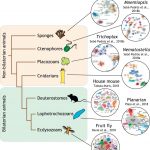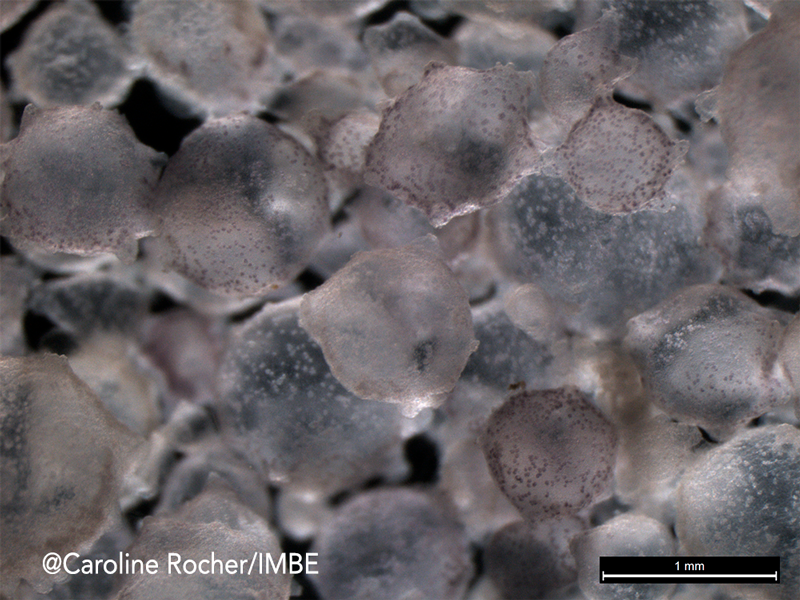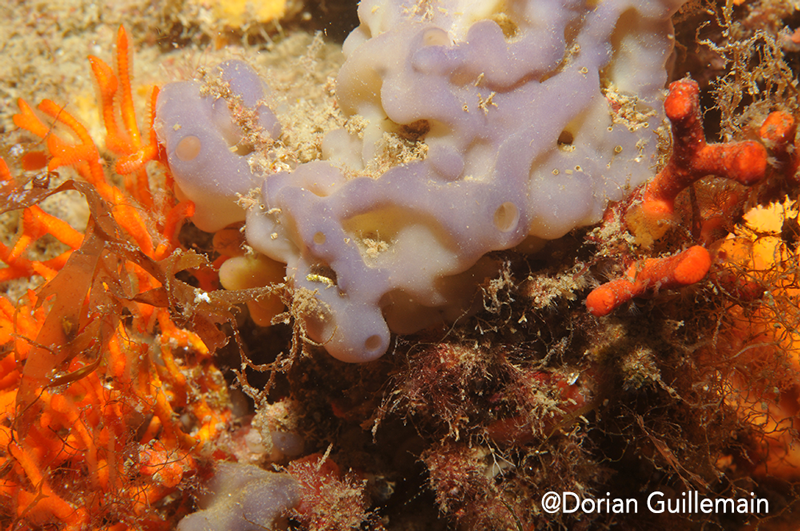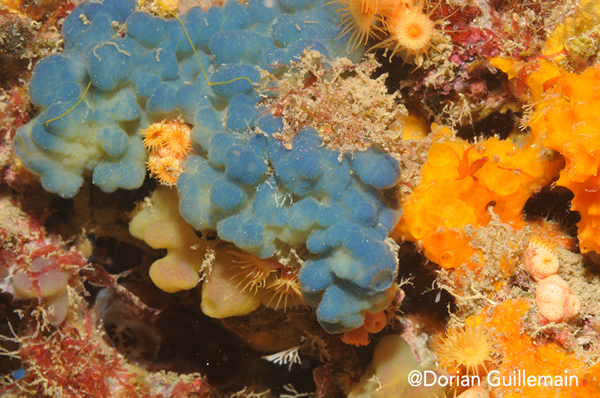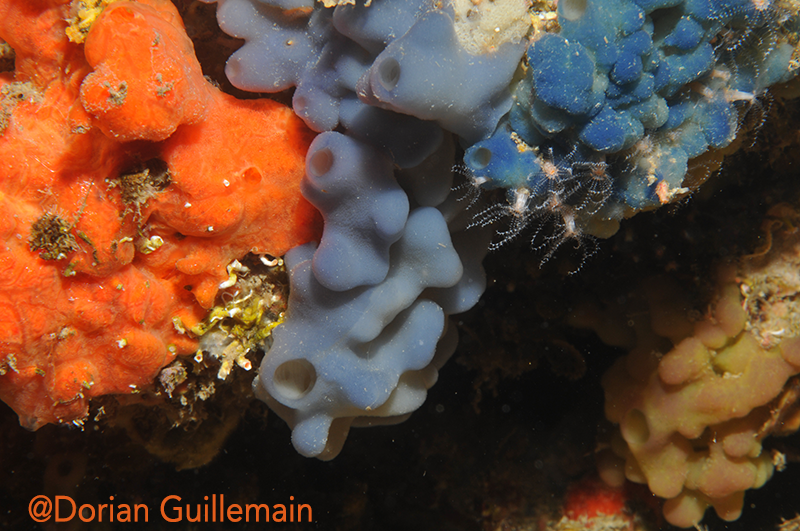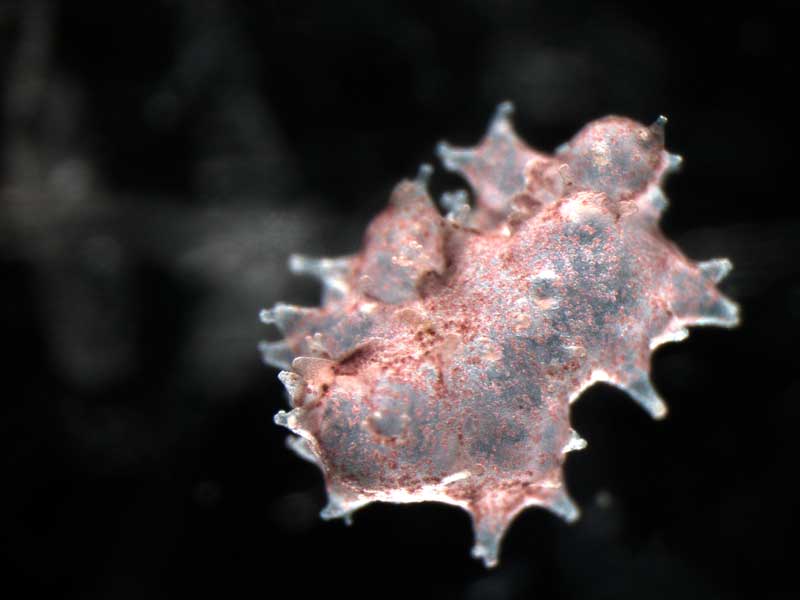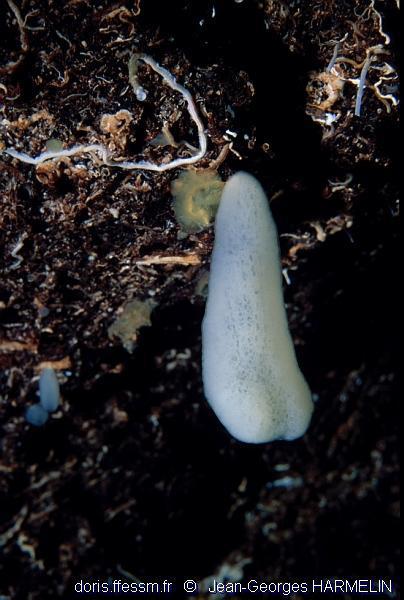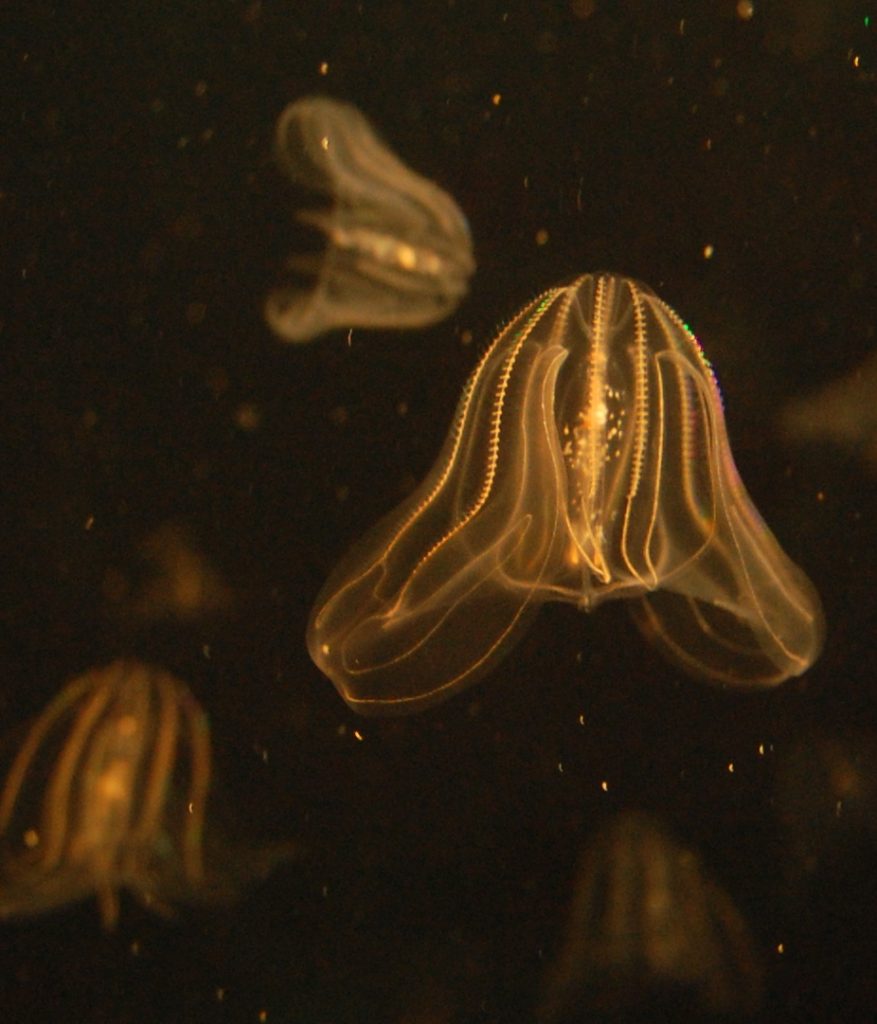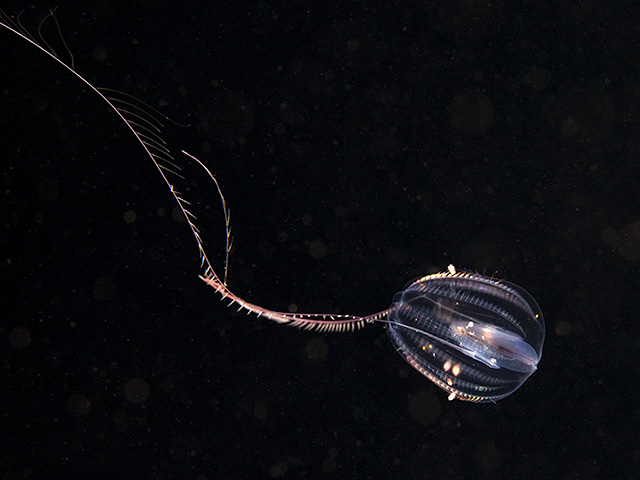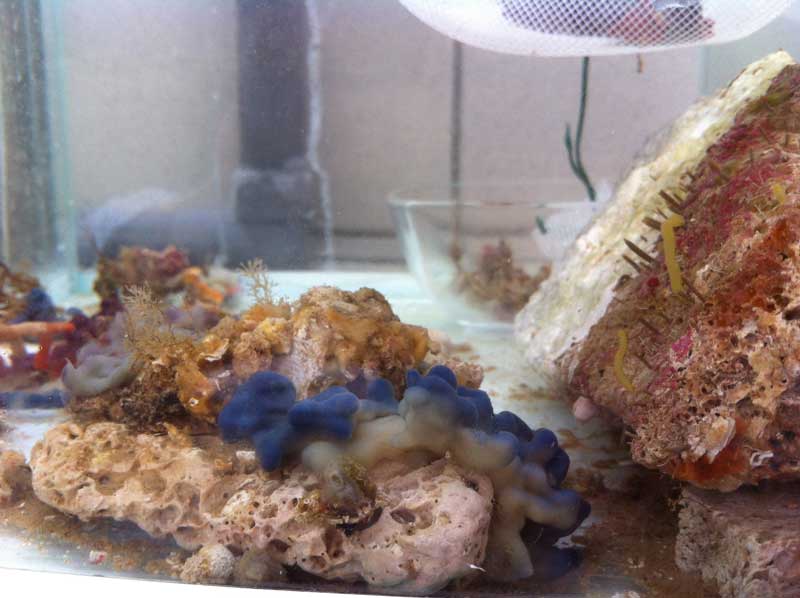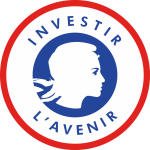JUNE project was awarded by the A*Midex
Foundation as part of the « International 2018 » call for projects
JUNE project focuses on understanding the origin and evolution of epithelium in animals
Epithelia are cellsheets playing a seminal role in body integrity of all animals. Because they control physiological processes, any defect in epithelial integrity causes major diseases in vertebrates (cancer, ciliopathies, homeostasis lethal diseases …). Understanding how this fundamental cell organization emerged during early animal evolution is therefore an exciting question. According to studies focused on bilaterian models, epithelia were defined by three criteria: a basement membrane composed of Type IV collagen, Apical-basal cell polarity and cell-cell junctions.
Although there is no doubt now for the presence of physiologically functional epithelia in the last ancestor of animals harboring true adhesive, polarity and sealing properties needed to control internal-external exchanges, molecular identity of the genes and proteins responsible for this organization – and consequently the homology of these characteristics across animals- remains to be established.
The major objective of this project is thus to identify the molecular components involved in epithelium patterning and maintain in ctenophores and sponges, the most ancient animal lineages to date: this is a decisive prerequisite to embrace epithelial diversity and to propose an evolutionary scenario.
This project is expected to provide new insights on sponge and ctenophore cell biology.
JUNE project is expected to provide new information to evaluate the level of molecular conservation of epithelium at metazoan scale and to establish the minimal molecular foundation required to establish- and consequently define- a functional epithelium.
2 Workpackages
The project is focused on 2 axes
WP 1: Establishing the molecular signature of each cell type and defining the minimal (ancestral) molecular profile of an animal epithelium.
Despite epithelial genes being present in sponge and ctenophore genomes, an exhaustive comparative approach is needed to determine genes really expressed in epithelia to propose reliable candidates involved in key epithelial features
WP2: Evaluating functional conservation of jonctional proteins present in sponges
The presence of a similar gene content and the expression of genes in similar structures (here epithelia) are insufficient to conclude to their functional conservation. (evolutionary notions of co-option and convergence)
Expected results
This project is expected to provide:
- new insights on sponge and ctenophore cell biology
- new information to evaluate the level of molecular conservation of epithelium at metazoan scale and to establish the minimal molecular foundation required to establish- and consequently define- a functional epithelium.
Our Partners
The project involves teams from Aix-Marseille, the European Molecular Biology Laboratory (EMBL) and the University of
Florida in the United States
Carole Borchiellini
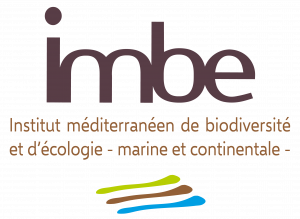
Mediterranean Institute of marine and terrestrial Biodiversity and Ecology
The JUNE project is led by Carole Borchiellini, Senior Lecturer at Aix-Marseille University - IMBE. The Mediterranean Institute of Biodiversity and Ecology, Marine and Continental (Aix-Marseille University - CNRS - Avignon University - IRD) develops an integrative approach for the study of biodiversity and socio-ecological systems.
André Le Bivic
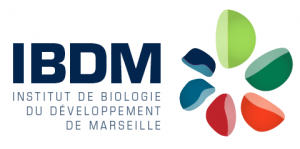
Developmental Biology Institute of Marseille (IBDM)
Le Bivic'team project aims to understand the mechanisms that control the polarized organization of epithelial cells and the role of polarity complexes in the formation and maintenance of this organization. The Developmental Biology Institute of Marseille (IBDM), (Aix-Marseille University- CNRS), is primarily oriented towards developmental biology and pathologies associated with problems of development.
Detlev Arendt

European Molecular Biology Laboratory
The Arendt group, situated at the renowned European Molecular Biology Laboratory, has developed a whole-body single cell transcriptomic approach for the comparative expression profiling of cell types to explore the origin and evolution of cell types
Leonid Moroz

Whitney Laboratory for Marine Bioscience
The Arendt group, situated at the renowned European Molecular Biology Laboratory, has developed a whole-body single cell transcriptomic approach for the comparative expression profiling of cell types to explore the origin and evolution of cell types.
Fundings
JUNE project officially started on 1 January 2020 for a duration of 24 months. Over this period, the project will be supported by the
A*Midex Foundation with a grant of 200,000 euros
